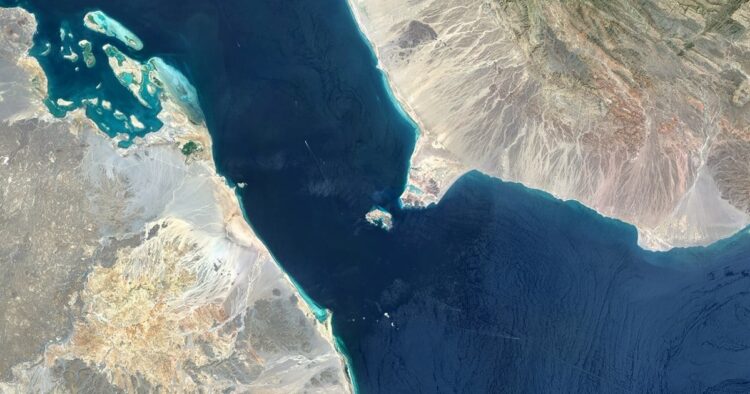In recent developments, concerns have risen regarding escalating skirmishes in the Red Sea following the severing of at least three underwater sea cables crucial for internet and telecommunications. The incident, which occurred on Monday, is widely believed to be linked to the Houthi rebel group. Officials have indicated that the cutting of these cables in the vital waterway, where commercial shipping is already a target, may be aimed at deterring Israel’s offensive actions in the Gaza Strip.
Worldwide Telecommunications Disrupted
The repercussions of the cable cuts have been felt globally, with telecommunications networks experiencing disruptions and providers forced to reroute a significant portion of traffic between Asia, Europe, and the Middle East. Reports suggest that approximately 25% of internet traffic has been affected by the incident, leading to disturbances in communications networks across the Middle East. Major telecoms networks have reported disruptions, including HGC Global Communications, which acknowledged the impact on its cables.
Impact on Global Internet Traffic
The damage extends to major international cable systems, such as the line connecting Southeast Asia to Europe via Egypt, which includes Bharat. The Europe-India-Gateway (EIG), a critical link connecting Europe, the Middle East, and Bharat, has also been affected. This disruption has implications for global internet giants like Google, Microsoft, Amazon, and Meta, as these companies heavily rely on stable internet connectivity for their operations.
Denials and Speculations
While there are speculations linking the Houthi rebels to the cable cuts, the group has denied any involvement. Yemeni rebel leader Abdel Malek al-Houthi stated that they have no intention of targeting sea cables providing internet to countries in the region. However, on social media, there is widespread speculation that the cables were targeted as part of the Houthi campaign to pressure Israel to end its military actions in Gaza.
Repair Efforts and Future Concerns
Efforts to repair the damaged cables face significant challenges, with South Africa-based Seacom, one of the affected cable owners, indicating that repairs may not be feasible in the near future. The sabotage of telecommunication lines is expected to exacerbate the already-existing crisis in the region, adding to the challenges faced by businesses and individuals reliant on stable internet connectivity.
The severing of underwater sea cables in the Red Sea has sparked fears of escalating tensions and disruptions in global internet connectivity. While the exact perpetrators remain unconfirmed, the incident highlights the vulnerability of critical infrastructure to geopolitical tensions and conflicts in volatile regions. Efforts to restore connectivity and mitigate the impact on telecommunications networks are underway, but the long-term repercussions of such actions remain a cause for concern.

















Comments